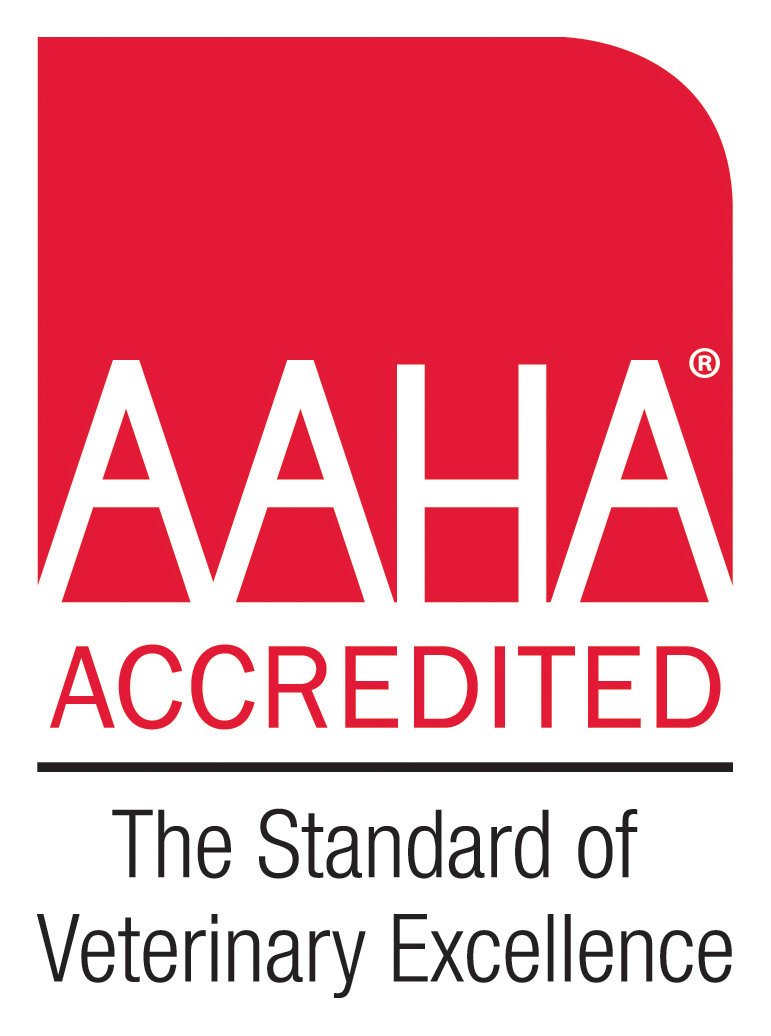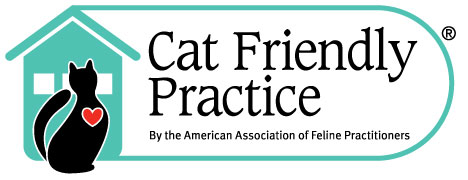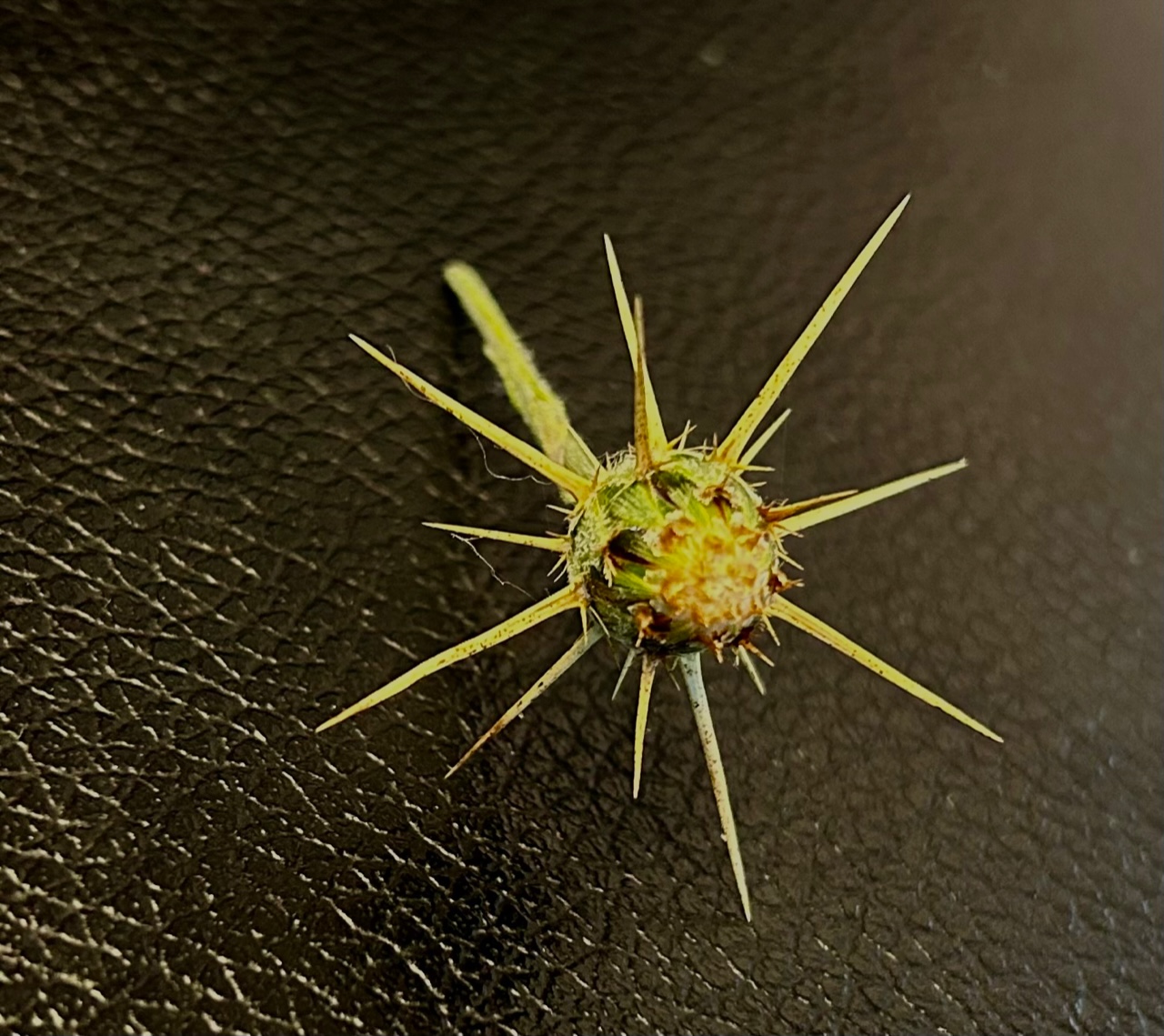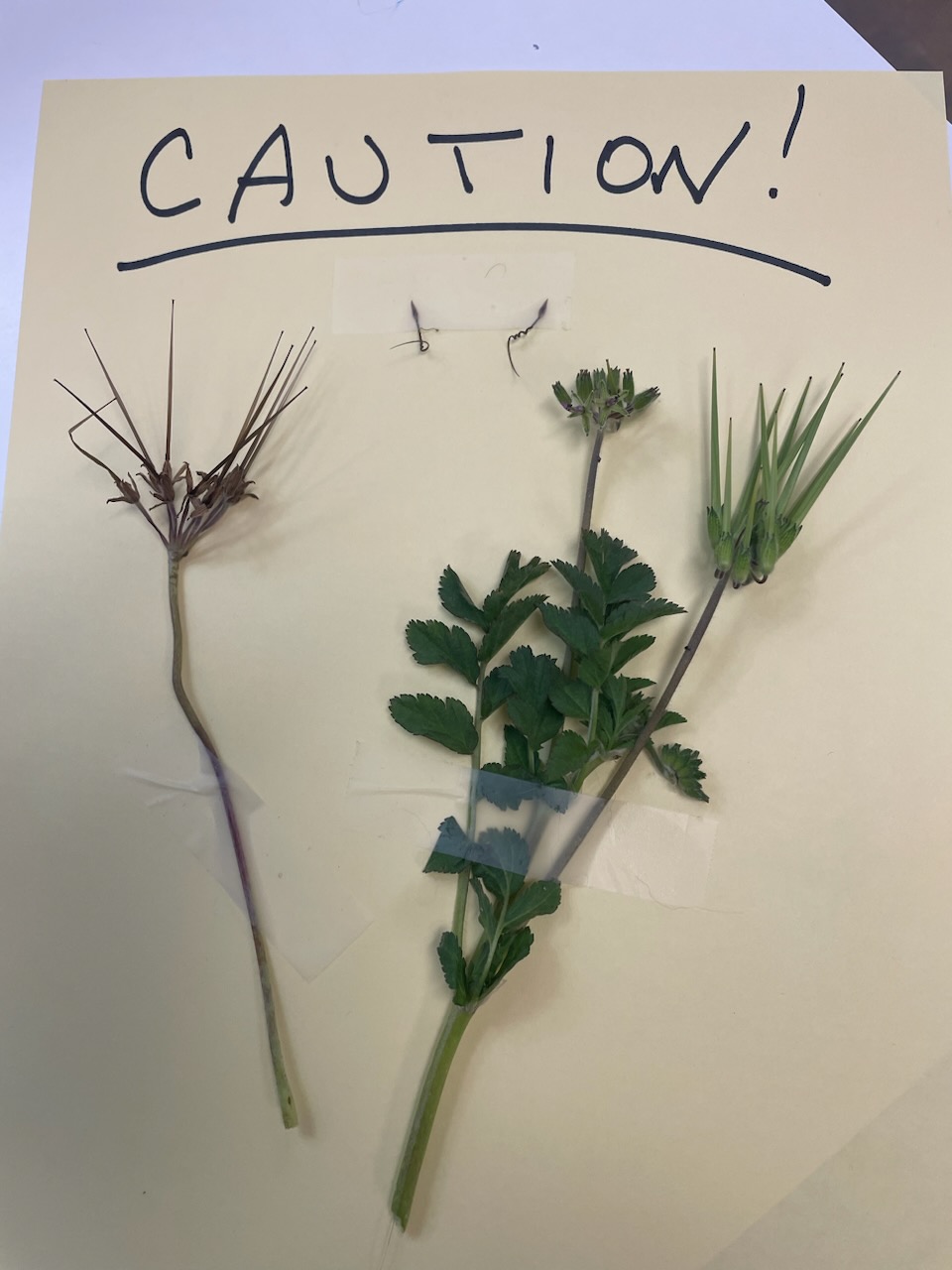The most common problems in the mouth are dental issues. In fact, the most common disease seen by veterinarians is dental disease. Plaque, tartar and calculus build-up is generally severe enough to require teeth cleaning by the time most pets are 2-3 years old. Failure to keep the teeth clean can lead to painful gum and bone infection with eventual tooth loss or spreading of bacteria into the blood stream. Broken teeth are quite common and usually involve the canines (fangs) or larger premolar/molars used for chewing. Broken teeth need to either be extracted or have root canal therapy. Cats get a type of œcavity quite often – these are very painful and often only visible after a cleaning. Even teeth that are not broken can abscess and cause sores to pop out on the side of the face. Youngsters may fail to lose their baby teeth (as seen here.) This can lead to increased tartar build-up and infection if the tooth is not removed. Tumors of the mouth are also common. Benign nodules of the gum and under the tongue can be cured by removal. More aggressive tumors may develop in the bone and around the teeth and these can be very serious. Salivary glands can rupture. This leads to soft swellings under the jaw or tongue and requires surgical removal. Breeds like Bulldogs, Pugs and Bostons often have elongated soft palates that interfere with breathing. This too can be surgically repaired. It is very important that a thorough oral exam be a part of every veterinary consult. If your pet has bad breath or trouble eating, come see us.









Leave A Comment
You must be logged in to post a comment.